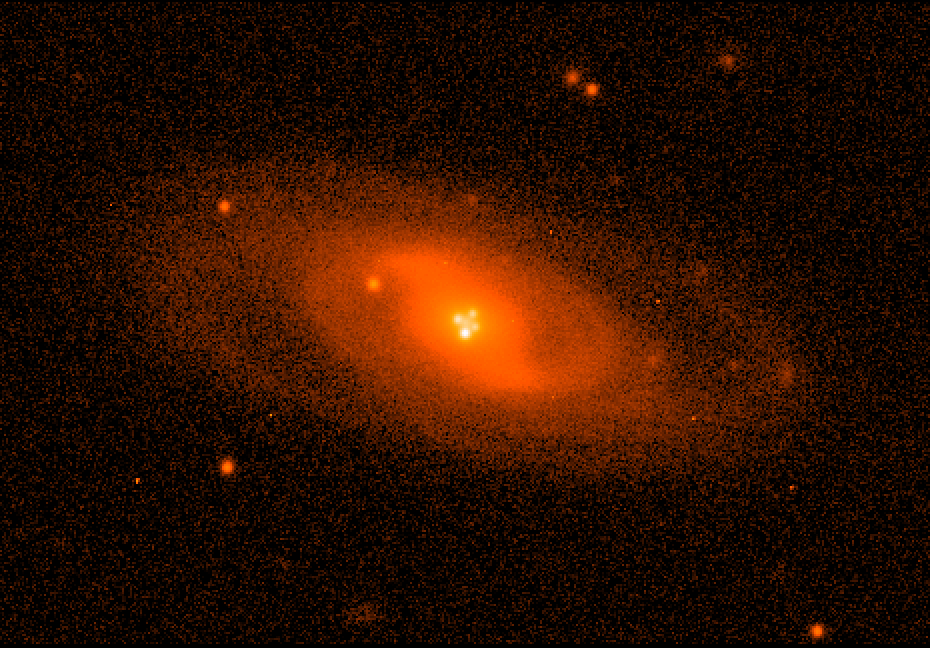Presentation
The XXIV Canary Islands Winter School of Astrophysics, organized by the Instituto de Astrofisica de Canarias (IAC), focuses on the application of gravitational lenses in Astrophysics and Cosmology. The WS welcomes a maximum of 60 PhD students and young Post-Docs, and provides a unique opportunity for the participants to broaden their knowledge in this key field of Astronomy.
Scientific Rationale

Astrophysical objects like planets, stars, galaxies and even larger structures bend the light coming from background sources. This phenomenon, known as Gravitational Lensing, has become an essential tool for studies in numerous astrophysical scenarios on all scales, from cosmology to exoplanets. Since the curvature of light rays increases with the mass, gravitational lenses are unique to map and analyze the distribution of mass in a Universe in which virtually all matter is still of unknown nature. Over the last years the utilization of Gravitational Lensing has improved significantly our knowledge on many fields as galaxy and galaxy cluster structure, dark matter, interstellar medium, quasar accretion disks, extrasolar planets, etc.
This Winter School aims to bring together in a relaxed working atmosphere a number of the leading scientists working in this field and PhD students and recent postdocs. It will tackle many aspects of Gravitational Lensing, covering multi-wavelength observations as well as theory. The School is particularly designed to introduce young researchers in the use of gravitational lenses as a tool in their current work. According to this objective, two short tutorials are planned for students to become familiar with Gravitational Lens modeling.
Organizing Committee
- Evencio Mediavilla Gradolph
- José Antonio Muñoz Lozano
- Francisco Garzón López
- Francisco Sánchez Martínez

